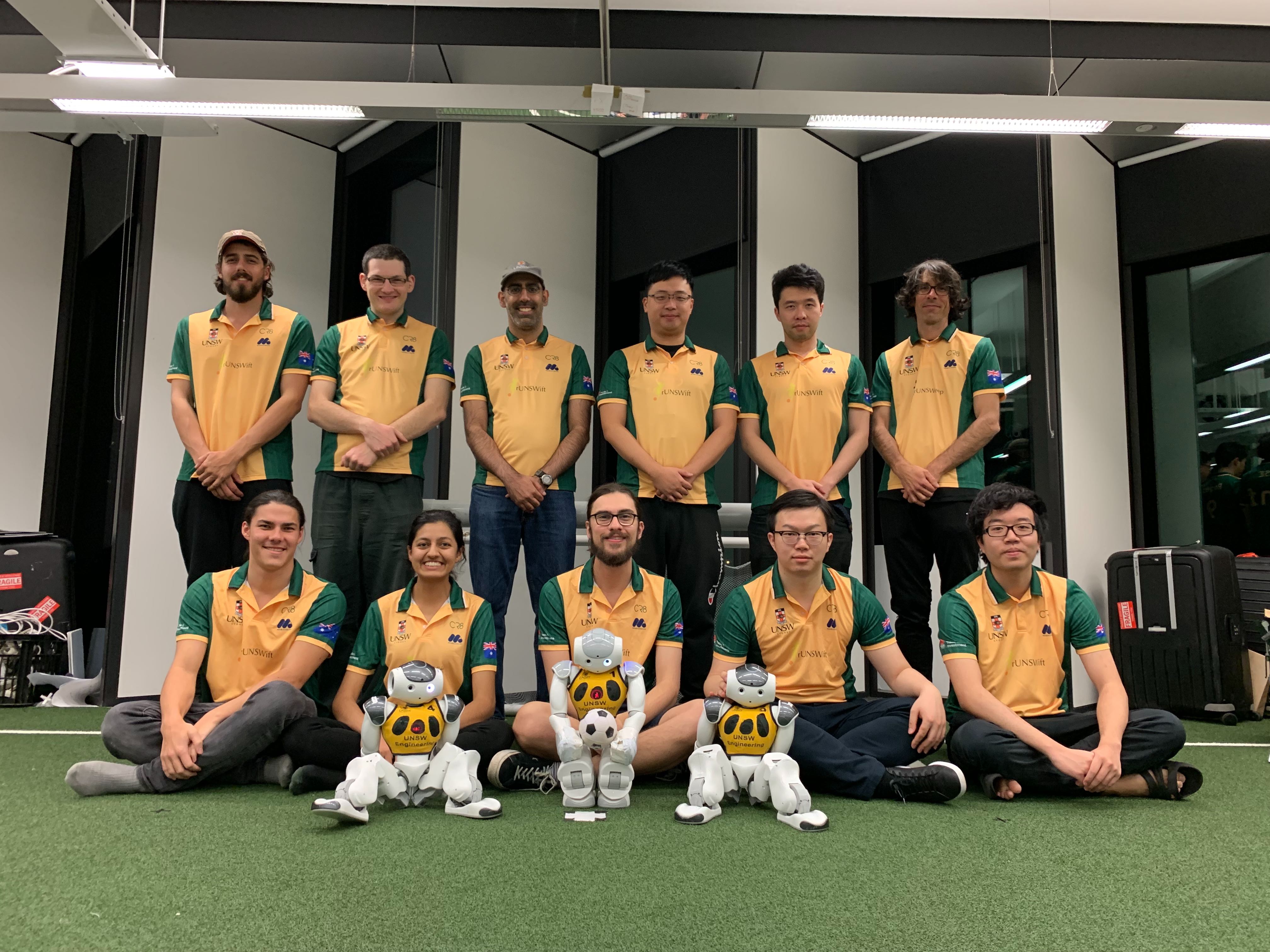UNSW's robot soccer team head to world championship
Five-time world robot soccer champions, UNSW's 'rUNSWift' team, will battle it out against competitors from over 30 countries for the 2019 RoboCup World Champion title, an annual event that kicks off in Sydney for the first time today.


